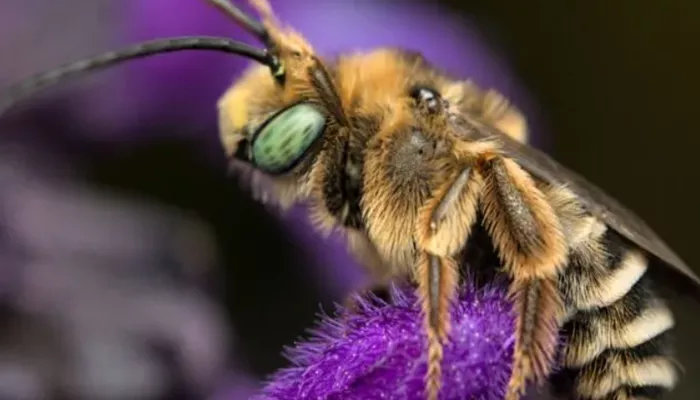Research Shows Native Plants Thrive Better Than Non-Native Species in Florida.
GAINESVILLE, Fla. — New research from the University of Florida provides compelling reasons to plant native species. The study reveals that native plants grow better and produce more flowers than non-native varieties, even when irrigation is limited. This finding suggests that native plants are more attractive to pollinators, such as bees.
The research was conducted at the Plant Science Research and Education Center in Citra. Scientists studied 20 plant species—10 native and 10 non-native—chosen based on several factors, including their value to pollinators, bloom time diversity, and a variety of flower colors and shapes.
The plants were cultivated at the UF/IFAS North Florida Research and Education Center in Quincy and the Plant Science Research and Education Unit in Citra. Researchers tested different levels of irrigation to assess how well each plant type grew.
While full irrigation helped all plants survive their first year, the study found that native plants generally surpassed non-natives in both size and flower density, regardless of the water supply.
Joanna Silva, a doctoral student involved in the research, emphasized the benefits of native plants. “This suggests that native plants are more resilient and efficient in using water. This is crucial in areas facing water restrictions or drought,” she said. “Native species help conserve water and support pollinator populations, which is vital for addressing the global decline of pollinators.” The research was funded by the USDA-NIFA and supervised by Rachel Mallinger, an assistant professor of entomology.
Silva noted that these findings encourage the use of native or Florida-friendly plants in landscaping, which aids in water conservation. This information is especially valuable for landscapers, gardeners, and nurseries.
“Many commercially available plant mixes contain both native and non-native plants. However, some of these plants do not provide enough resources for pollinators, such as nectar and pollen, and they often require more maintenance,” Silva explained.
From this study, nurseries and gardeners can conclude that Florida-friendly plants are better suited to local conditions, needing less water and maintenance. Silva added, “By planting native species, they can create more sustainable landscapes that conserve water and support local wildlife and pollinators.”
Related topics:
- Scientists Develop Synthetic Plants to Absorb Indoor Carbon
- Sarah Rich: Exploring the Hidden Side of Plants
- Free Trees Available for Those Who Will Plant Them


